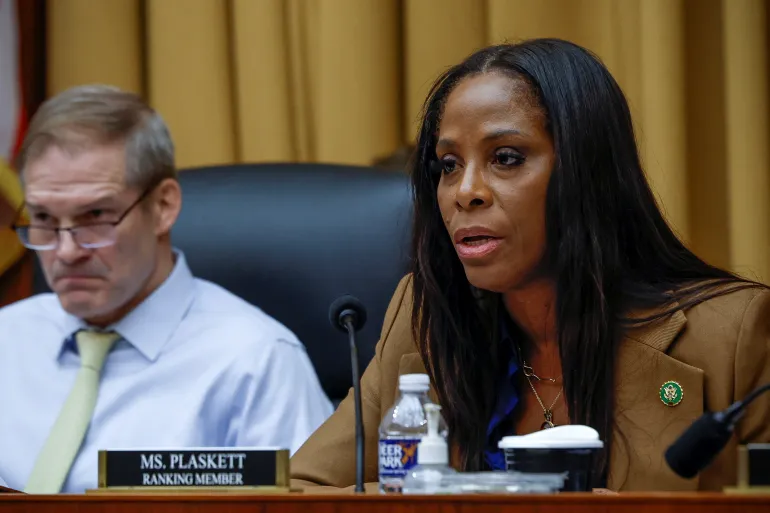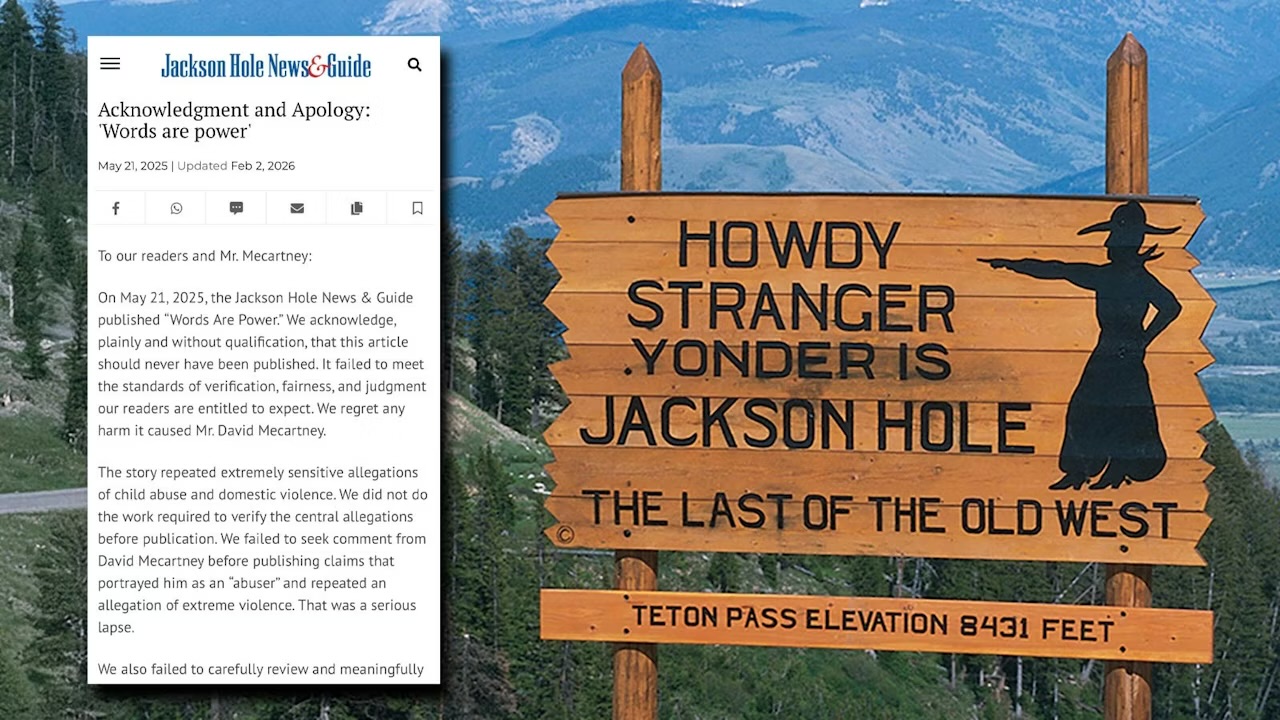The Federal Trade Commission (FTC) has filed a lawsuit against Uber Technologies Inc., accusing the company of employing deceptive marketing and billing practices related to its Uber One subscription service, Fortune reports.
The legal action marks the first major technology-focused case brought under the Trump administration’s FTC.
At the heart of the complaint are claims that Uber misled consumers about the potential savings offered by its Uber One membership while also making the cancellation process unreasonably difficult. The FTC alleges that some customers were required to click through as many as 23 pages and perform 32 distinct actions in order to cancel their subscriptions.
FTC Chair Andrew Ferguson emphasized the agency’s stance, stating:
“Americans are tired of getting signed up for unwanted subscriptions that seem impossible to cancel. The Trump-Vance FTC is fighting back on behalf of the American people. Today, we’re alleging that Uber not only deceived consumers about their subscriptions, but also made it unreasonably difficult for customers to cancel.”
Launched in 2021, Uber One provides subscribers with benefits such as waived delivery fees and discounts on select Uber rides and Uber Eats orders, at a cost of $9.99 per month or $96 per year. As of December, Uber reported that the service had attracted approximately 30 million subscribers.
According to the FTC’s complaint, Uber advertised monthly savings of $25 for members without factoring in the cost of the subscription itself. The agency also alleges that the company billed some customers before their official billing dates, in further violation of consumer protection laws.
Uber has responded to the lawsuit with disappointment. Spokesperson Noah Edwardsen told Reuters:
“We are disappointed that the FTC chose to move forward with this action, but are confident that the courts will agree with what we already know: Uber One’s sign-up and cancellation processes are clear, simple, and follow the letter and spirit of the law.”
This is not the first time Uber has faced scrutiny from the FTC. In 2017, the company settled allegations related to misrepresenting its privacy and data protection practices. The following year, it paid $20 million to resolve claims that it had exaggerated driver earnings in its recruitment materials. More recently, in 2022, Uber entered into a settlement with US authorities regarding a 2016 data breach that affected 57 million users and drivers.
The current lawsuit adds to a growing list of regulatory actions the FTC has pursued against major tech companies. While many of these cases, including those involving Meta, Amazon, and Google, began under previous administrations, the Trump-era FTC appears poised to maintain an aggressive approach to consumer protection enforcement.










The latest news in your social feeds
Subscribe to our social media platforms to stay tuned